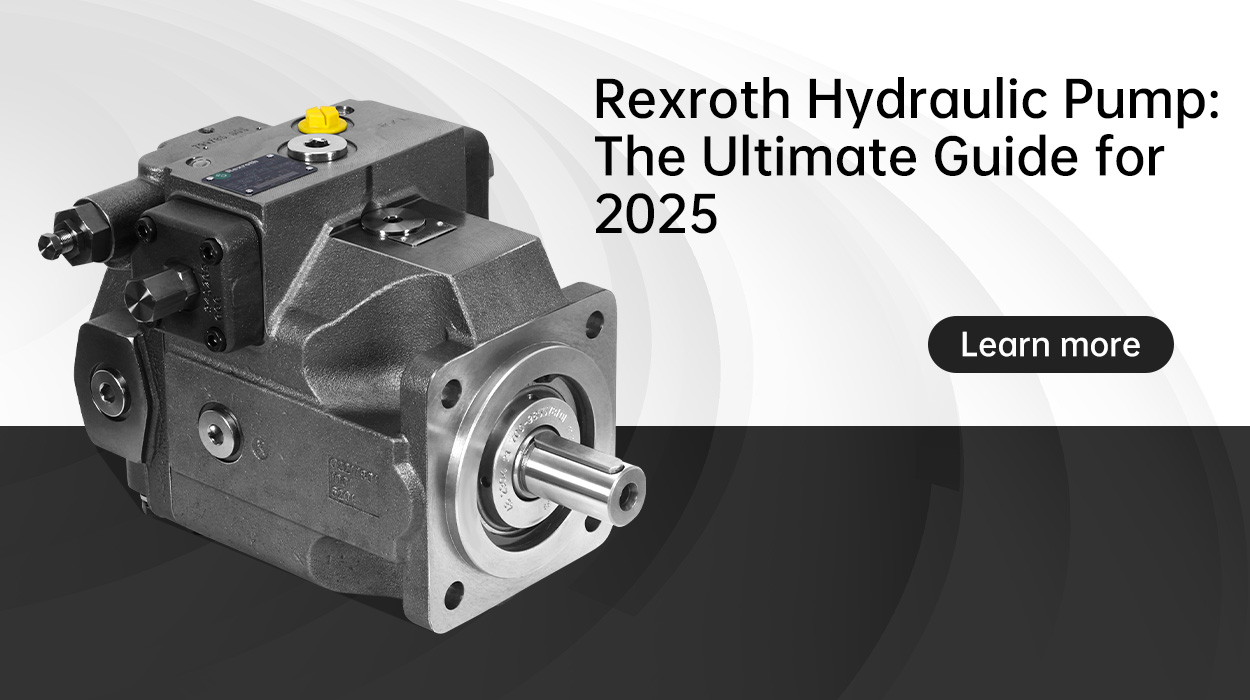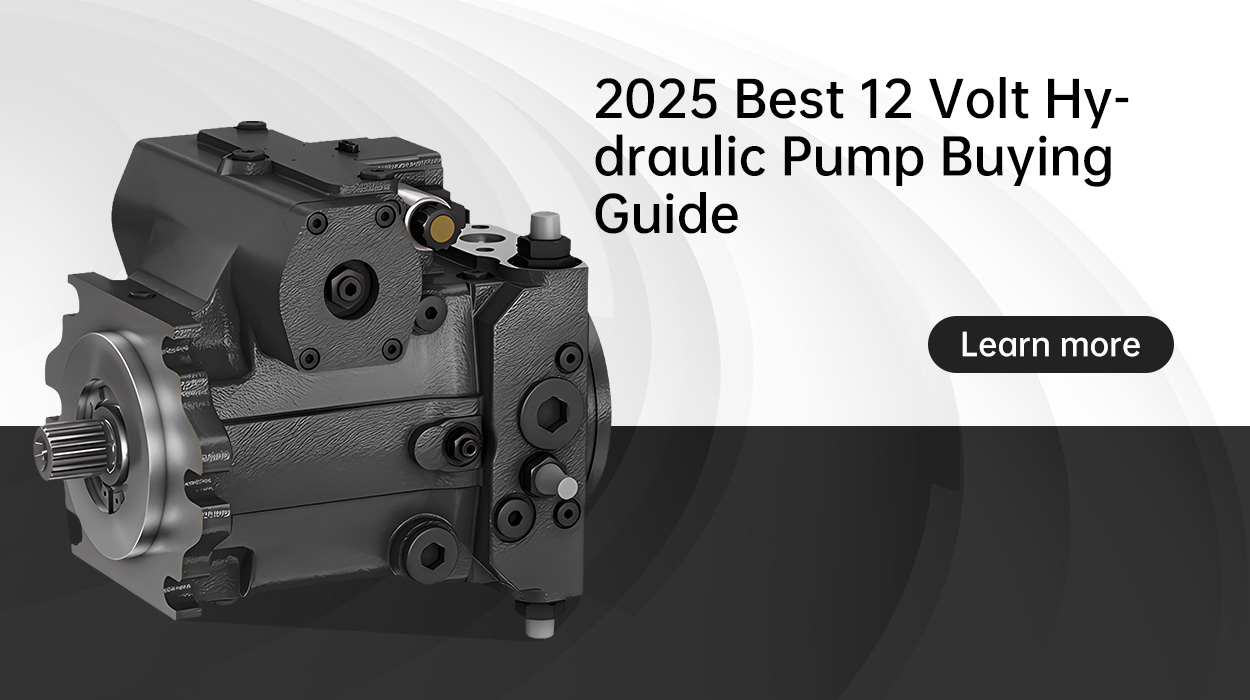What Is a Hydraulic Pump Motor?
A hydraulic pump motor is a critical component in hydraulic systems that converts mechanical energy into hydraulic energy or vice versa. The pump draws fluid from a reservoir, pressurizes it, and delivers it to the system, while the motor transforms that pressurized fluid back into mechanical power. Together, the pump and motor form the backbone of most hydraulic equipment, ensuring smooth, efficient, and powerful operation.
Hydraulic pump motors are widely used in industries that require precise motion control and high force with relatively compact machinery. They are valued for their durability, high torque output, and ability to function under demanding conditions.
Key Applications of Hydraulic Pump Motors
Hydraulic pump motors are versatile and serve multiple industries:
-
Construction Equipment: Excavators, bulldozers, and cranes rely on hydraulic pump motors for lifting, digging, and pushing heavy loads.
-
Agriculture: Tractors, harvesters, and sprayers use hydraulic systems to power attachments and control movement.
-
Manufacturing: Hydraulic presses, injection molding machines, and conveyor systems depend on hydraulic motors for reliable power transmission.
-
Marine Industry: Steering systems, winches, and deck machinery often operate through hydraulic pump motors.
-
Automotive: Power steering and braking systems incorporate compact hydraulic pumps and motors.
-
Mining and Drilling: Heavy-duty drilling rigs and haulage systems rely on hydraulic motors for torque-intensive operations.
Maintenance Tips for Hydraulic Pump Motors
Proper maintenance ensures longevity, efficiency, and safety. Here are essential care practices:
-
Regular Oil Checks
-
Always use the manufacturer-recommended hydraulic fluid.
-
Inspect fluid levels and replace dirty or contaminated oil promptly.
-
-
Filter Replacement
-
Clean filters protect against debris and contaminants.
-
Replace filters according to service intervals.
-
-
Monitor Temperature
-
Overheating reduces efficiency and damages seals.
-
Ensure cooling systems are working properly.
-
-
Inspect Seals and Hoses
-
Check for leaks, cracks, or wear.
-
Replace damaged parts immediately to prevent system failure.
-
-
Prevent Cavitation
-
Cavitation occurs when air bubbles form in the fluid.
-
Avoid running the pump dry and ensure proper suction line conditions.
-
-
Scheduled Servicing
-
Follow the OEM (Original Equipment Manufacturer) maintenance schedule.
-
Professional inspections help identify issues early.
-
Advantages of Using Hydraulic Pump Motors
-
High power-to-weight ratio
-
Smooth and precise motion control
-
Long service life when properly maintained
-
Reliable under extreme load conditions
-
Compact design suitable for tight spaces
Frequently Asked Questions (FAQ)
1. What is the difference between a hydraulic pump and a hydraulic motor?
A hydraulic pump converts mechanical energy into hydraulic energy (pressurized fluid), while a hydraulic motor converts that pressurized fluid back into mechanical energy.
2. How long does a hydraulic pump motor last?
With proper maintenance, hydraulic pump motors can last 5–10 years or longer, depending on operating conditions and workload.
3. What type of oil should I use for my hydraulic pump motor?
Always use the fluid recommended by the manufacturer. Common choices include mineral-based hydraulic oil or synthetic blends designed for specific temperature ranges.
4. Can hydraulic pump motors run continuously?
Yes, many industrial systems are designed for continuous operation, but proper cooling and regular maintenance are crucial to avoid overheating and wear.
5. How do I know if my hydraulic pump motor is failing?
Signs include unusual noises, reduced efficiency, slow response, overheating, or visible fluid leaks. Immediate inspection is recommended if these symptoms occur.
Conclusion
A hydraulic pump motor is an indispensable part of hydraulic systems across industries, delivering reliable power and precise motion control. Whether used in construction, agriculture, marine, or manufacturing, its performance directly impacts productivity. By following proper maintenance practices—regular fluid checks, filter replacement, leak inspections, and scheduled servicing—you can maximize the efficiency and lifespan of your hydraulic pump motor.
For businesses or individuals working with hydraulic systems, investing in quality components and routine care ensures smooth operations and reduced downtime.


